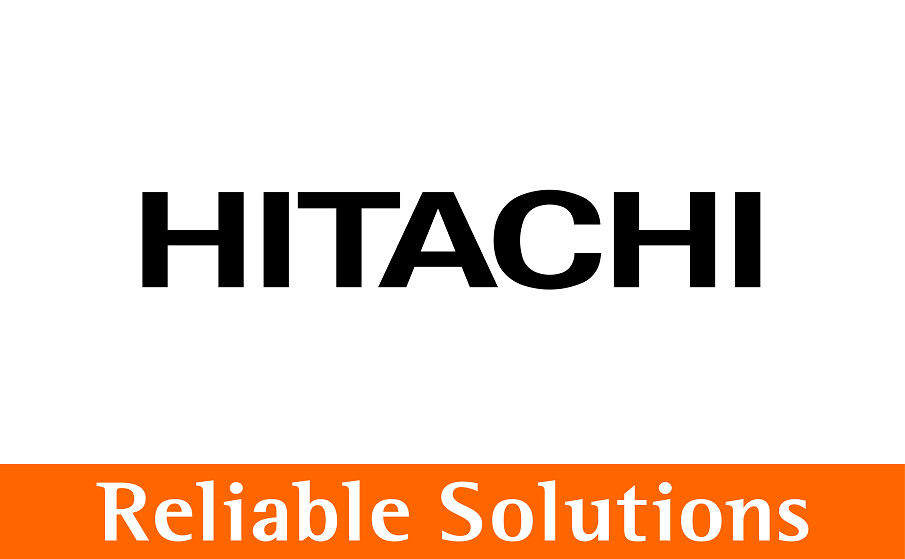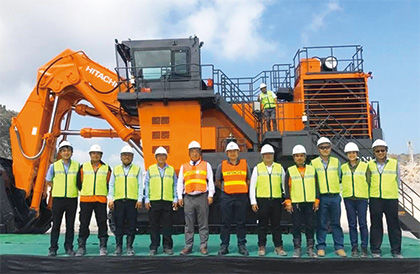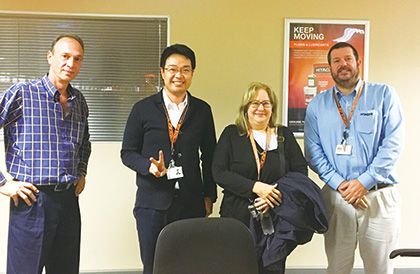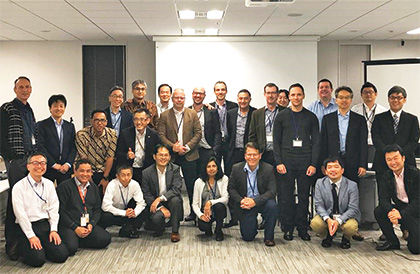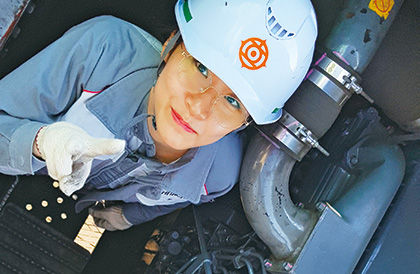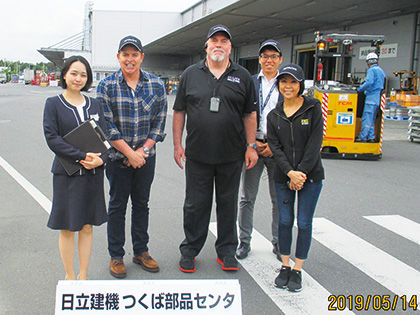Power of Human Resources (chapter 2)

Key Person's Voice 01
I want to continue to be unafraid of change in order to survive in the global competition.
Makiko Obashi
Manager, Planning and Administration Dept., Marketing Group
What are “Reliable solutions” to me?
Whether talking to a customer or a colleague, it’s important to first listen to the other side’s views and be willing to see things from their perspective. Moreover, I always want to work on building relationships with other people that allow us to create better solutions and circumstances together, by sharing and suggesting my own views and those of the company. This is true regardless of whether the situation is global or local. I simply wish to accept differences in thinking among the colleagues I work with in a positive manner.
Key Person's Voice 02
I want to contribute to the development of South Africa with a truly Japanese spirit of altruism.
Ian Diedericks
Manager, Deployment Support Sec., IDMS Promotion Dept., IT Solution Div., DX Promotion Group

What are “Reliable solutions” to me?
To define our strengths, truly understand the needs of our customers, and always work on improving our technical solutions—that’s the spirit I hope to embody. In this sense, my interest is in development. I intend to always support the marketing section even if I’m not a member of that team.
Key Person's Voice 03
Aiming for user-friendly technology that adapts to people all the more in digital technology
Lee Hyejeong
IoT Systems Sec. Advanced Development Center, Research and Development Group

What are “Reliable solutions” to me?
I always continue to be open to new challenges, in order to stay up to date with global trends in digital technologies like IoT and 5G. And applying technologies to move society forward while communicating with customers and my colleagues at the company—I believe that’s an important attitude for someone engaged in development.

Key Person's Voice 04
A workplace with flexible options in accordance with the stage in one’s life
Konomi Shibuya
Order & Delivery Management Sec. Parts Operation Dept. Spare Parts Div. Life Cycle Support Group
What are “Reliable solutions” to me?
Communication with sales companies and distributors is central in my work and I don’t have opportunities to directly deal with customers. Nonetheless, I hope I never forget that my work ultimately helps our customers. That’s why I always think back about my actions in terms of “If do this, the customer will be happy,” or “If I don’t do this, it will inconvenience the customer.”
